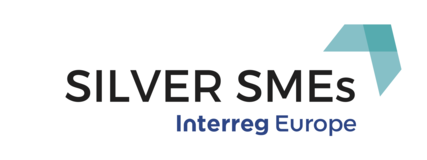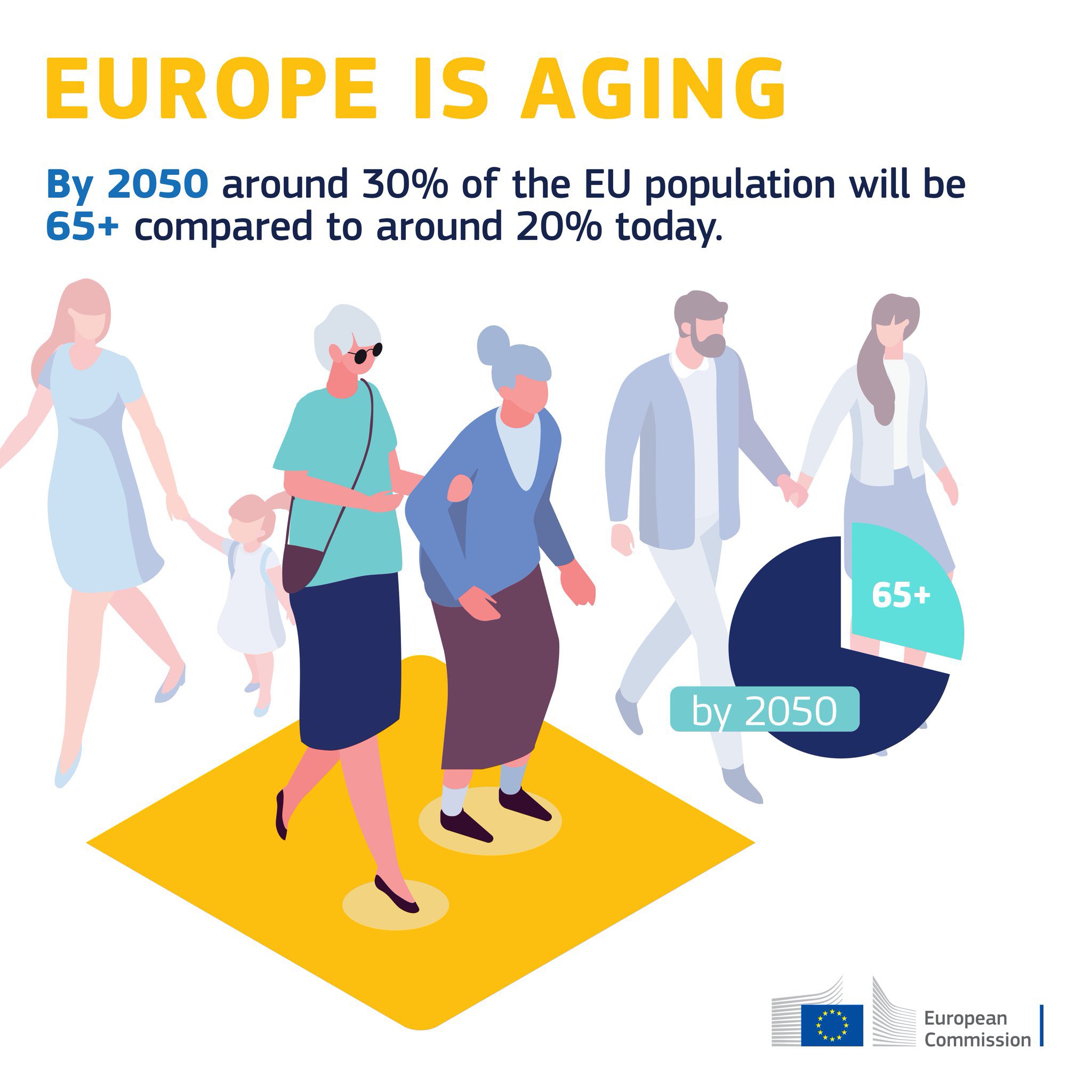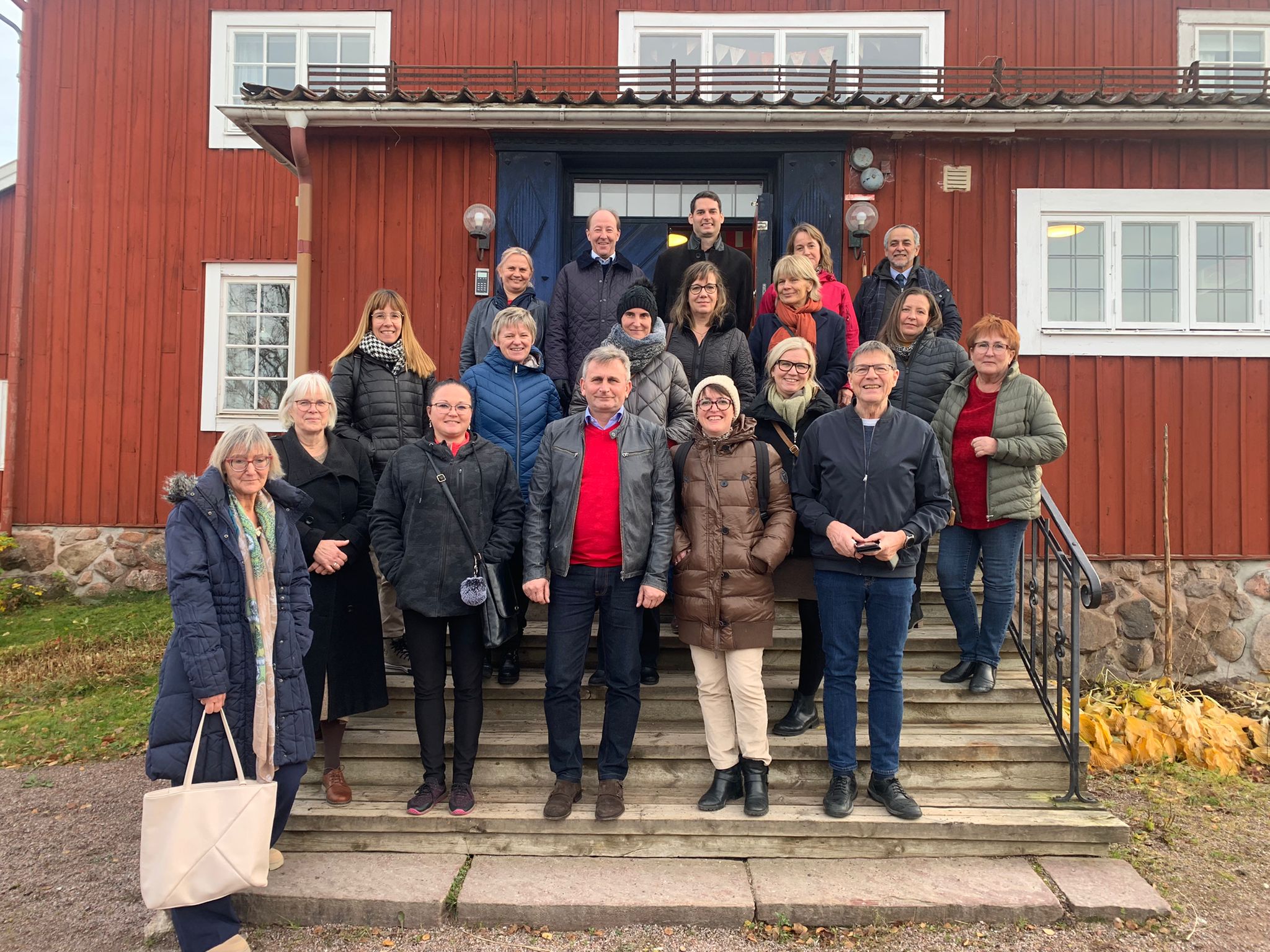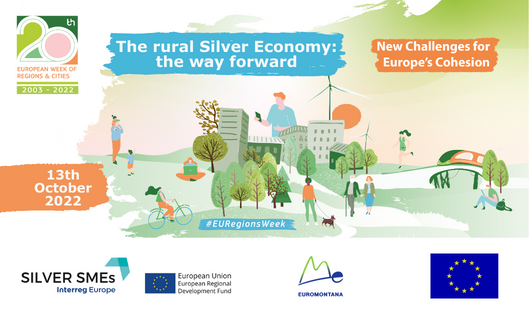The SILVER SMEs project produced its first deliverable, a Composite SWOT Analysis of all Partner territories of this Interreg Europe financed project.
The strategic objective of the SILVER SMEs project is to contribute to the implementation of regional policies for Small and Medium Enterprises (SMEs) competitiveness by building on significant opportunities arising from the Silver Economy.
The work package lead, Cork Institute of Technology (Irish Partner) co-ordinated the findings of the individual SWOT studies for the 7 partners, Teruel and Sodebur (Spain), Cim Do Ave (Portugal), Soca Valley (Slovenia), Eurasanté (France), Dalarna (Sweden) and ARR Lubuskie (Poland). This culminated in the composite SWOT report and was ratified at the partner meeting in Lille on January 29th.
Each territory has significant peripheral, rural, mountainous or coastal regions, which is a key focus of the project. The report incorporates insights from four sectors; SMEs, universities and research institutions, civil partners/society and policy makers, which provides a transnational overview of the Silver Economy. A positive strength identified across all of the EU territories is that there are many SMEs and research organisations with good potential to collaborate. A key weakness identified the failure by all four sectors to recognise and target the purchasing power of older adults as a market segment. Furthermore, SMEs are not focussed on the Silver Economy and this was also reported as an opportunity. All partners identified the growing threats associated with an ageing population, adverse dependency ratios and insufficient numbers in the workforce.
The report produced 11 recommendations, one of which is to heighten the awareness and familiarisation levels of all regions regarding the size of Europe’s Silver Economy and its potential to generate new business opportunities for a wide range of products and services. These recommendations will inform policy action plans, as future deliverables of this project.











